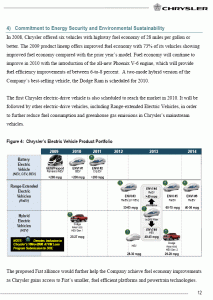The Evolution of Activism
A couple of years ago I wrote:
Activist: A person who believes so strongly that a problem needs to be remedied that she dedicates substantial time to "¦ getting other people to fix the problem. It used to be that activists sought voluntary help for their pet problem, and thus retained some semblance of honor. However, our self-styled elite became frustrated at some point in the past that despite their Ivy League masters degrees in sociology, other people did not seem to respect their ideas nor were they particularly interested in the activist's pet issues. So activists sought out the double shortcut of spending their time not solving the problem themselves, and not convincing other people to help, but convincing the government it should compel others to fix the supposed problem. This fascism of good intentions usually consists of government taking money from the populace to throw at the activist's issue, but can also take the form of government-compelled labor and/or government limitations on choice.
So now, we have the next step -- advocating that others spend their time convincing government to use compulsion to solve some imagined problem. Kevin Drum urges:
The only real way to address climate change is to make broad changes to laws and incentives. It puts everyone on a level playing field, it gives everyone a framework for making their own choices, and it gives us a fighting chance of making the deep cuts we need to. So listen to Tidwell: "Don't spend an hour changing your light bulbs. Don't take a day to caulk your windows. Instead, pick up a phone, open a laptop, or travel to a U.S. Senate office near you and turn the tables: 'What are the 10 green statutes you're working on to save the planet, Senator?'"
Jackboots seem to be "in" this season.
Postscript: In the language of mathematics (I mentioned before I am in the middle of Goedel-Escher-Bach) if actually aiding someone is "helping," then I guess organizing people to help is meta helping, and lobbying government to force other people to help is meta meta helping and so advocating on your blog that people should lobby the government to force other people to help is meta meta meta helping. Must really warm Drum's heart to be so directly connected with helping people.

